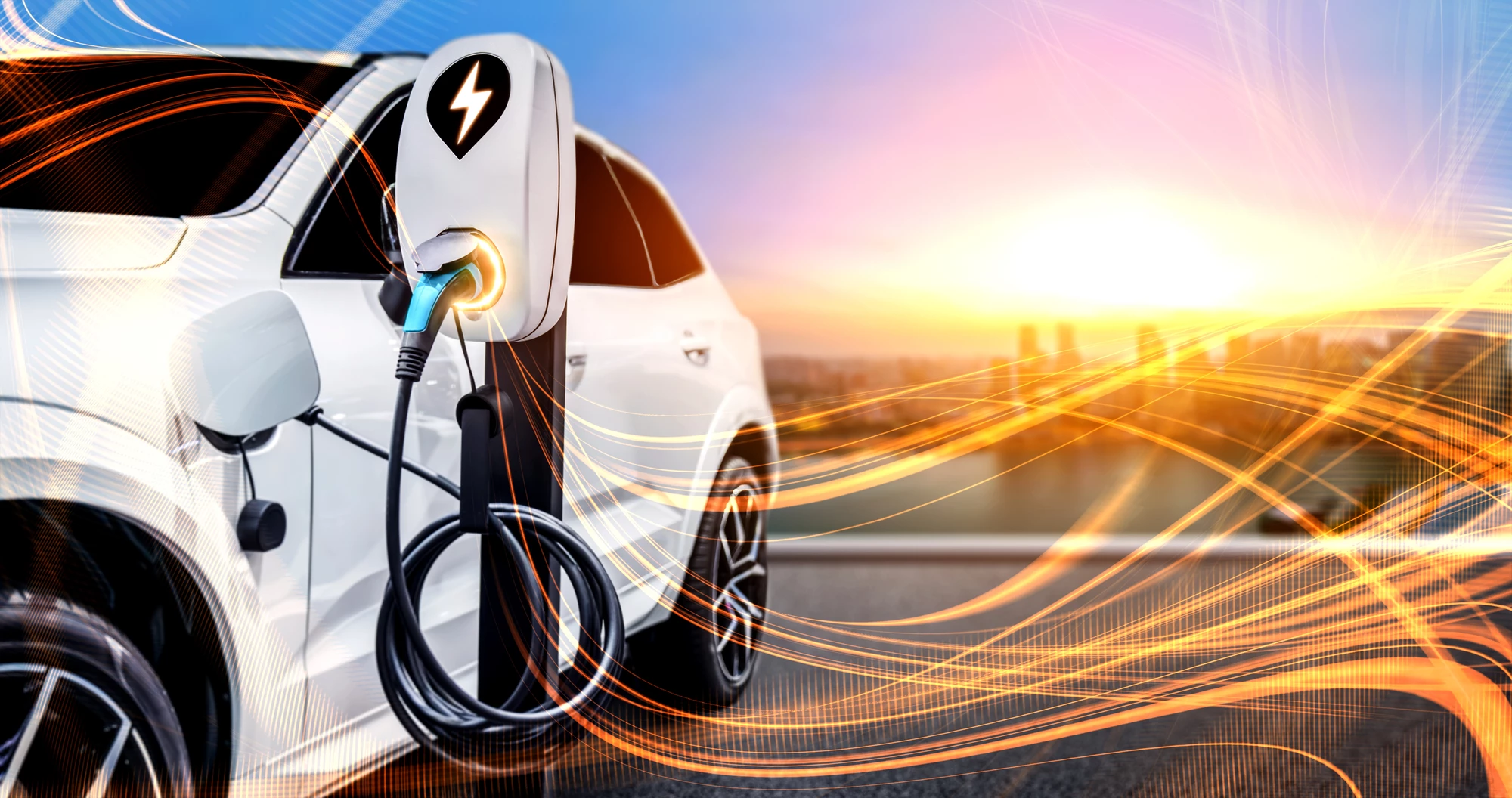By rethinking a key battery component, scientists in China have come up with what's described as "extremely fast charging" technology that sees a lithium-ion battery hit 60 percent capacity in under six minutes. The breakthrough is billed as a significant one for the world of electric vehicles where recharge times lag far behind refueling times for conventional cars, and could make them a far appealing proposition on that front.
Led by researchers from the University of Science and Technology of China, the work focuses on one of the two electrodes in a lithium-ion battery, called the anode. This is of big interest to scientists in the field because redesigned anodes could offer great performance benefits, that include holding far more energy and charging up much more quickly.
One exciting possibility includes replacing the mix of graphite and copper with pure lithium metal, hailed as a "dream material" that could allow for up to 10 times the capacity of current devices. Other interesting examples include introducing experimental nanospheres into the anode to boost capacity, or doing away with the anode altogether to make for a smaller and cheaper battery.
The authors of this new study looked to improve on the standard anode by designing a new porous architecture with graphite particles of a certain size strewn throughout. The idea was to address the non-ordered nature of today's anodes, which feature spaces that mean the batteries don't lend themselves so well to fast charging, by using particle-level theoretical modeling to determine the optimal arrangement.
With the ideal distribution of different sized particles and spaces in the anode, the team also added copper nanowires and a copper coating and used heating and cooling treatments to form their novel component. As reported in TechXplore, this anode was incorporated into a standard lithium-ion battery and enabled it to be recharged to 60 percent in 5.6 minutes and to 80 percent in 11.4 minutes.
Described as an "extremely fast-charging lithium ion battery," the scientists see the technology as a promising stepping stone toward more desirable electric vehicles, pointing to the US Department of Energy's "Fast Charge Goal" of 10 mile (16 km) of travel per minute of charging.
The research was published in the journal Science Advances.
Source: TechXplore




